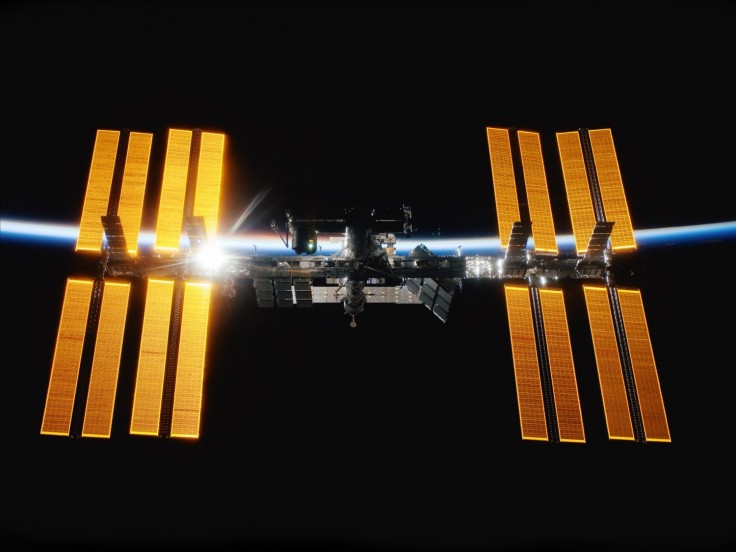The International Space Station (ISS) might just yet have a new lease on life.
The US Congress has recently given its approval for the NASA Authorization Act of 2022, which s part of the Creating Helpful Incentives to Produce Semiconductors (CHIPS) and Science Act of 2022, giving the ISS ten more years to remain in space, per NASA.
NASA previously planned to retire the ISS by the end of the 2020s by plunging it straight into the Pacific Ocean after having commercial space stations take their post in Earth's orbit, per Space.com.

ISS-CHIPS Act Connection Details
NASA mentioned in its announcement that US Congress had passed the NASA Authorization Act of 2022, which is the first authorization for the space agency in five years.
NASA Administrator Bill Nelson described the act's passing in Congress as a demonstration of continued bipartisan support of the space agency's many missions, which include its Moon to Mars approach through the Artemis missions and the extension of the US' participation in the International Space Station to 2030.
He also stated that due to the act's passing, NASA would continue to advance scientific discoveries, enable sustainable aviation, address climate, and many more.
"As we work to send the first woman and first person of color to the Moon under Artemis, I'd like to specifically recognize Senators Maria Cantwell, Roger Wicker, John Hickenlooper, Cynthia Lummis, as well as Representatives Eddie Bernice Johnson, Frank Lucas, Don Beyer, and Brian Babin, for their leadership in passing this bill," Nelson added. "This generation - the Artemis Generation - is part of a sustainable exploration program that will last decades."
Read More : Apple's Safari Technology Preview 150 has Arrived with Bug Fixes and Performance Improvements
The act's passing is crucial for NASA as it gives Jeff Bezos' Blue Origin and Nanoracks and Northrop Grumman time to further develop their commercial space stations and close the predicted gap that would happen if things remained as they were.
You may remember that NASA's Aerospace Safety Advisory Panel (ASAP) was greatly concerned over the predicted gap between the ISS' retirement and the launching of the space stations as the latter would be launched too late to replace the ISS in Earth's orbit.
ASAP's concern isn't without merit. NASA suffered its first gap with the retirement of its space shuttles, which NASA used to send astronauts to space in the past.
Astronomy.com stated that when the shuttles were retired in 2012, NASA astronauts were forced to go to space using Russian rockets, which is a situation many were uncomfortable with.
But Wait - There's More
However, there is a catch. Although the US has given the extension NASA needs, the program's other partner agencies must also commit to the extension, per a separate Space.com article.
Unfortunately, Roscosmos, Russia's space agency, isn't at all keen on providing its support for the extension as it already announced its intention to withdraw from the ISS after 2024.
However, there is reason to count on Russian support as the country's own space station won't be up and running until 2028 at the earliest, meaning that they are likely to remain in the ISS until then.









